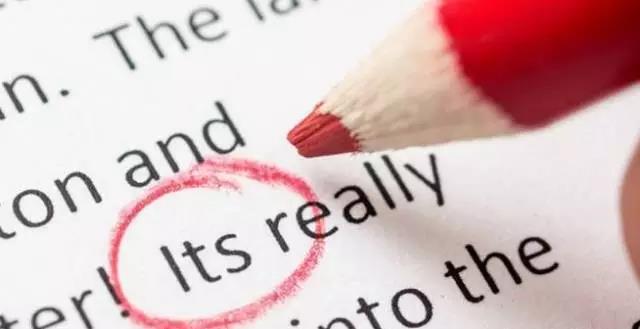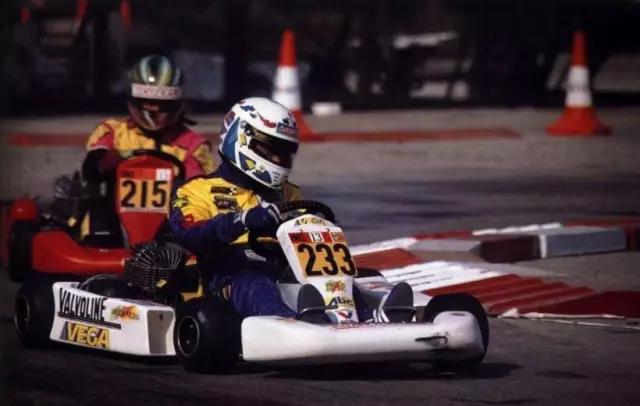Lesson 61~62 A bad cold
高频词汇&短语:
1. feel v. 觉得;感到;意识到
2. must modal verb 必须
3. remember v. 记得;回忆
4. have a headache 犯头疼病
5. have/ take some medicine 吃点药
6. have a temperature 发烧
经典句型:
1. What's the matter with him? 他怎么啦?
2. He has a bad cold, Mr. Williams, so he must stay in bed for a week. 他得了重感冒,威廉斯先生,因此他必须卧床一周。
重点语法:
have的用法
have(和 have got)常与表示疼痛和疾病的名词连用
实用对话:
1. --他怎么啦?What's the matter with him?
--他觉得不舒服。我们得去请医生了。He feels ill. We must call the doctor.
2. --他得了什么病,医生?What's the matter with him, doctor?
--他得了重感冒,威廉斯先生,因此他必须卧床一周。
He has a bad cold, Mr. Williams, so he must stay in bed for a week.
3. --对吉米来说,这可是个好消息。That's good news for Jimmy.
--好消息?为什么?Good news? Why?
Lesson 63~64 Thank you, doctor
高频词汇&短语:
1.better adj. 形容词good/well的比较级
2. certainly adv. 当然
3. get up 起床
4. yet adv. 还,仍
5. rich food 油腻的食物
6. remain in bed 卧床
7. play with matches 玩火柴
8. lean out of 身体探出
9. make a noise 弄出噪音,发出响声
经典句型:
You are better now, but you mustn’t get up yet.
你现在好些了,但你还不应该起床。
重点语法:

don’t与mustn’t的用法区别
don’t表示禁止的语气较轻,相当于中文的“不要”。
mustn’t表示禁止的语气更为强烈,相当于中文的“绝对不能”。
实用对话:
--他还必须卧床吗?Must he stay in bed?
--是的,他还必须卧床两天。他每天可以起来两小时,但您必须保持房间温暖。 Yes. He must stay in bed for another two days. He can get up for about two hours each day, but you must keep the room warm.
Lesson 65~66 Not a baby
高频词汇&短语:

1. Dad n. 爸爸(儿语)
2. the key to the front door 前门的钥匙
3. baby n. 婴儿
4. hear v. 听见
5. enjoy oneself 玩得快活
6. mum n. 妈妈
经典句型:
1. Can I have the key to the front door, please? 我能带上前门的钥匙吗?
2. Enjoy yourself! 好好玩吧!
重点语法:
反身代词
当宾语和主语是同一个人时,一般需要用反身代词:myself 我自己,ourselves我们自己,yourself你自己,yourselves你们自己,himself他自己,herself她自己,itself它自己,themselves他们自己。
实用对话:
--你不准回家太晚,你必须在10点半到家。
You mustn’t come home late. You must be home at half past ten.
--这么早我到不了家,爸爸!I can’t get home so early, Dad!
Lesson 67~68 The weekend
高频词汇&短语:
1. greengrocer n. 蔬菜水果零售商
2. be absent from … 缺席……
3. Monday n. 星期一
4. Tuesday n. 星期二
5. Wednesday n. 星期三
6. Thursday n. 星期四
7. Friday n. 星期五
8. Saturday n. 星期六
9. Sunday n. 星期日
10. spend the weekend 度周末
11. country n. 乡村
12. lucky adj. 幸运的
13. go to church(去教堂)做礼拜
经典句型:
1. Was he absent from school last week? 上星期他没上学吧?
2. We’re going to spend three days in the country. We’re going to stay at my mother’s for the weekend. 我们打算到乡下去三天,在我母亲家度周末。
3. Aren’t you lucky! 你们真幸运啊!
重点语法:
一般过去时(be动词)
一般过去时表示过去某个时间发生的动作或存在的状态,也可表示过去经常或反复发生的动作。be动词的现在式为am, is, are,其中am和is对应的过去式是was,are的过去式是were。
实用对话:
1. --刚才您在肉店里吗?Were you at the butcher’s?
--是的,我在肉店里。您也在肉店里吗?Yes, I was. Were you at the butcher’s, too?
2. --你们身体都好吗?How are you all keeping?
--很好,谢谢您。Very well, thank you.
Lesson 69~70 The car race
高频词汇&短语:

1. year n. 年
2. at the race 在赛场上;in the race 在比赛中
3. town n. 城镇
4. in the crowd 在人群中
5. stand v. 站立
6. exciting adj. 令人激动的
7. finish n. 结尾,结束
8. just adv. 正好,恰好
9. winner n. 获胜者
10. behind prep. 在…...之后
11. on the way home 在回家的途中
12. hundreds of … 数以百计的……
经典句型:
1. In 1995, there was a very big race. 1995年举行了一次盛大的比赛。
2. It was an exciting finish. 比赛的结尾是激动人心的。
3. Five other cars were just behind him. 其他5辆汽车紧跟在他后面。
4. On the way home, my wife said to me, ‘Don’t drive so quickly! You’re not Billy Stewart!’ 在回家的途中,我妻子对我说:“别开得这样快!你可不是比利·斯图尔特!”
重点语法:
介词in, on, at后面跟时间名词的用法
on + 具体的某一天
at + 具体的某个时刻
in + 年/月/周/季节/早中晚
实用对话:
--Sam和Penny星期一在哪里?Where were Sam and Penny on Monday?
--他们星期一的时候在文具店。They were at the stationer’s on Monday.
































